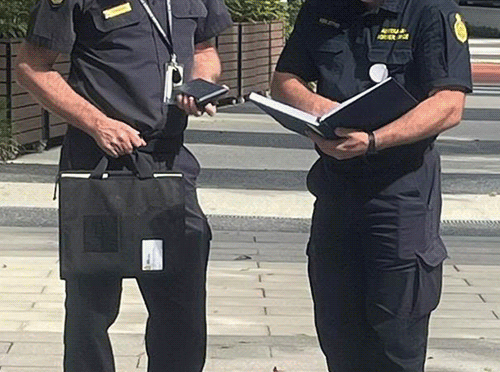Border Force launches crackdown on migrant worker exploitation in hospitality

The Australian Border Force (ABF) has begun a six-month national operation targeting the alleged exploitation and abuse of migrant workers within the hospitality sector.
Spearheaded by the Department of Home Affairs’ Sponsor Monitoring Unit (SMU), the operation extends across all Australian states and territories, encompassing over 100 hospitality venues. Notably, the initiative includes inspections in regional areas that have not been a primary focus for compliance teams in the past.
Operating with recently acquired legal powers and in collaboration with the Fair Work Ombudsman, SMU officers are conducting workplace inspections and engaging with both employers and migrant workers. The focus of these interactions is to investigate potential breaches of sponsorship arrangements.
According to SMU National Superintendent Jason Boyd, more than 50 unannounced inspections have already been carried out, resulting in over 30 employers being investigated for suspected exploitation. These investigations involve allegations of underpayment, unlawful wage deductions, and instances where workers have been compelled to work excessive hours.
"A special focus of our operation is ensuring employers are not financially abusing migrant workers by charging back the costs of their sponsorship," Superintendent Boyd said.
He emphasised the rights of migrant workers, saying, “Migrant workers have the same rights and protections as Australian citizens, and we are sending an abundantly clear message: Australia will not tolerate the exploitation of vulnerable workers or abuse of the visa system."
The current crackdown is underpinned by new regulations and stricter penalties that came into effect on 1 July 2024. These measures are intended to discourage employers from exploiting individuals based on their immigration status.
Employers found to be in violation of the law could face significant repercussions, including civil prosecution, financial penalties, and public identification as ‘prohibited employers’.
Superintendent Boyd described the operation as “a major step forward in protecting migrant workers and ensuring compliance”.
"These new powers give us an enhanced range of options to deal with those doing the wrong thing. Employers using foreign workers must comply with both Australian workplace and immigration laws."
Jonathan Jackson, 19th May 2025







